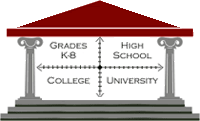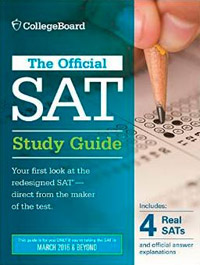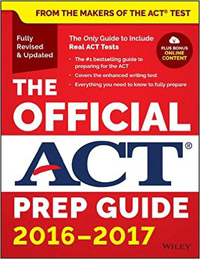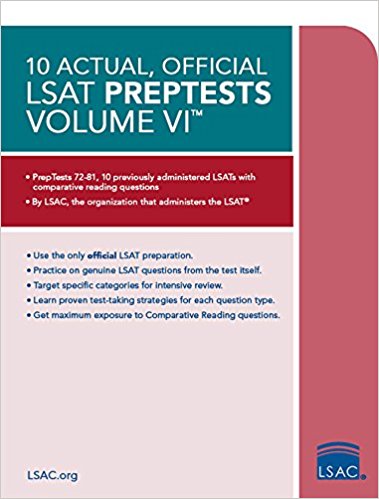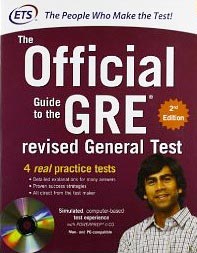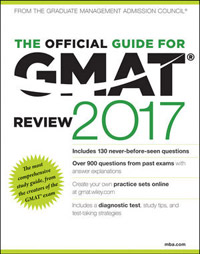SAT Tips and Strategies Post
Why is the SAT scoring system crucial to your strategy?
THE SAT SCORING SYSTEM is: A) weird B) essential to scoring well C) easy to understand D) hard to master E) all of the above The answer, of course, is E. Which result would you prefer on a twenty-question multiple choice math section of the SAT? Student #1: 12 correct, 8 incorrect Student #2: 11 correct, 9 blank Most would prefer student #1's results, because at least he/she received 12 points for the correct answers, right? Wrong. This is because incorrect answers actually LOSE students points on the SAT (1/4 of a point, to be exact). Student #1 stores a 480 on the section, while student #2 scores a 500. This may not seem like much, but this is only a *per-section* improvement. Multiply that 20 point per-section score increase by the 3 math sections of the test, and you've got around a 60-point total improvement on the math section. Pretty good, huh? So what does this mean for you? Well, if you're answering all the questions and are scoring below 90th percentile, you should slow down and answer fewer questions. Not only can answering fewer questions raise your score, but by leaving the last 9 questions blank, you've given yourself TWICE AS MUCH TIME per problem, and only have to answer HALF AS MANY QUESTIONS! Think about it: not only did student #1 receive a higher score than student #2, but he/she had over two minutes per problem (11 questions answered in 25 minutes), while student #1 only had around one minute per problem (20 questions answered in 20 minutes). Having all that extra time makes a big difference! And on the math section, where questions become harder as the section progresses, slowing down ensures that you do not rush through the easy/medium problems, making careless mistakes along the way, only to get "stuck" on problems that were designed for you to get them wrong anyway. (More on this on the upcoming "order of difficulty" blog entry.) So it's simple, right? Answer fewer questions and you will receive a higher score. Well, not exactly. Because at a certain point, slowing down starts to hurt your score. And the higher you wish to score, the more questions you'll need to answer. The secret is in finding the right balance. Even high-scoring students could benefit from slowing down and leaving a few questions blank, because this prevents them from rushing and making careless mistakes. The secret (and this is one of the things I'll teach you in our lessons) is knowing how many and what type of questions you should skip. The answer is different for each student (and is another reason why test-prep books, no matter how well written, will never be as effective as private instruction). As you work with me or one of our tutors, your scores will gradually (or even rapidly!) improve, so we will keep a close eye on exactly how many questions you should be leaving blank on each type of section, and where your strengths and weaknesses lie. Your progress will be monitored so that on test day, you know exactly how to approach each of the 9 multiple-choice sections of the test. As for the Essay section...well, that's a whole other blog!!
|

